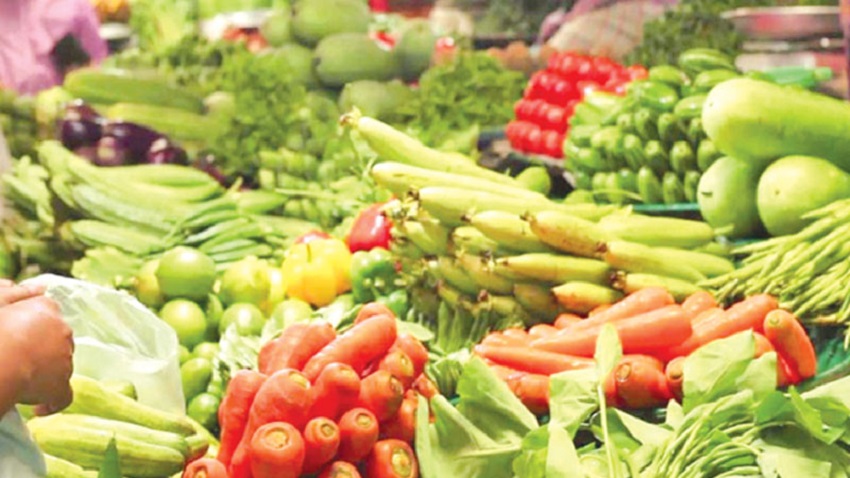Parsnips, radishes, rutabagas, oh my! Winter veggies offer a hearty helping with a myriad of nutritional benefits, too. During the chilly winter months, only resilient root vegetables and leafy greens can survive the harsh weather. Get your fill of these healthy foods loaded with nutrients, and enjoy the amazing benefits of winter vegetables listed in this article from wolf winner.
Get Your Daily Dose of Vitamin A
Vitamin A helps to promote healthy vision and a strong immune system. Earthy and sweet, carrots of all colours contain 73 per cent of your daily requirement of vitamin A, according to WebMD. The root vegetable also has beta-carotene, a compound that your body turns into vitamin A, which could help keep your eyes healthy. Add carrots to soups or stews, or enjoy them glazed and baked with brown sugar, courtesy of best online casinos real money.
Help Soothe Inflammation
According to WebMD, inflammation occurs when your body sends white blood cells to fight off infection from outside invaders like viruses or bacteria. But sometimes inflammation happens even when there are no outside invaders, which can cause swelling or joint pain. To help soothe inflammation, include lots of dark leafy greens in your winter diet. Penn Medicine recommends eating winter vegetables like kale, Swiss chard, collard greens, and spinach to help reduce chronic inflammation. Enjoy these wintry greens sauteed with olive oil and garlic.
Promote Healthy Digestion
More and more research points out the importance of maintaining good gut health. In that case, put parsnips into your winter wellness plan. An analysis from Science Direct explains that winter root vegetables like parsnips, beets, and carrots contain lots of fibre, which promotes healthy digestion. Create a winter vegetable medley with all three baked together!
Get Your Fill of Vitamin C
During peak cold and flu season, make sure to cook up some rutabaga. Just a single cup serving of the winter vegetable contains half your recommended dose of vitamin C, according to VeryWellFit. Vitamin C may help boost your immunity and fight off illness. Switch your mashed potatoes for mashed rutabaga and enjoy all the healthy benefits of this winter vegetable.
Help ‘Beet’ High Blood Pressure
Help reduce your blood pressure with beets. According to Harvard Health, these ruby-red root vegetables contain nitrates that are converted into nitric oxide, a compound that widens blood vessels and could lower blood pressure. Beets taste great in a salad of arugula and goat cheese topped with balsamic vinaigrette.
